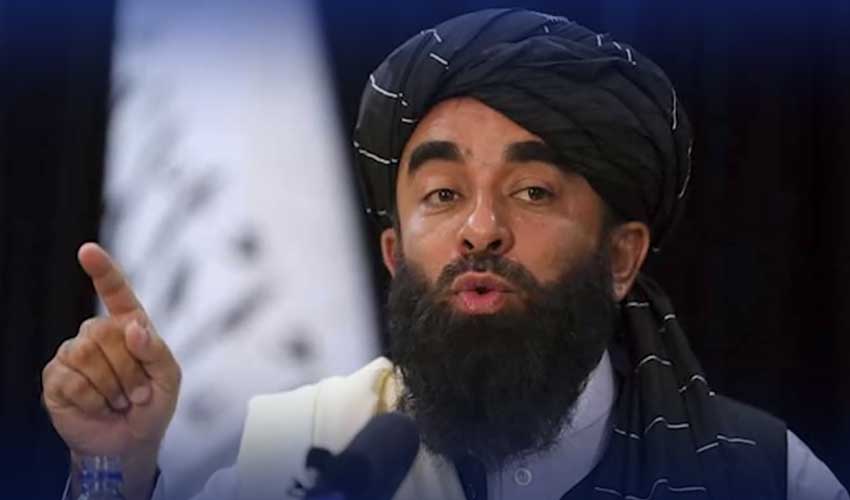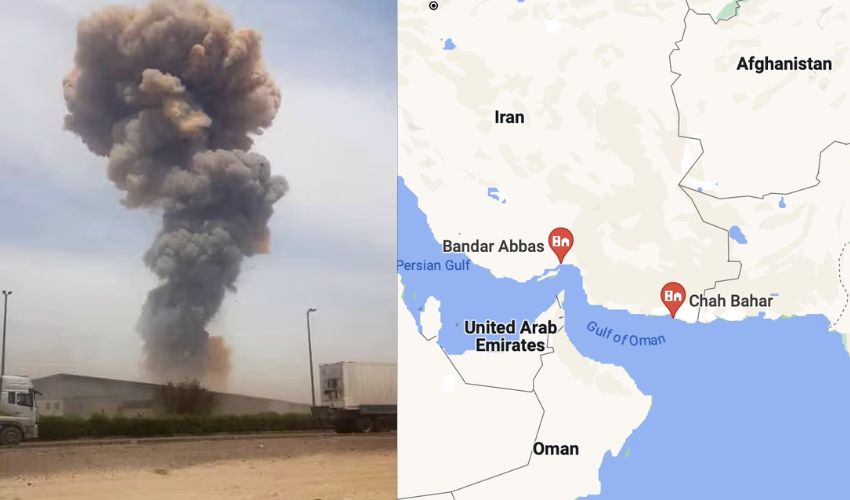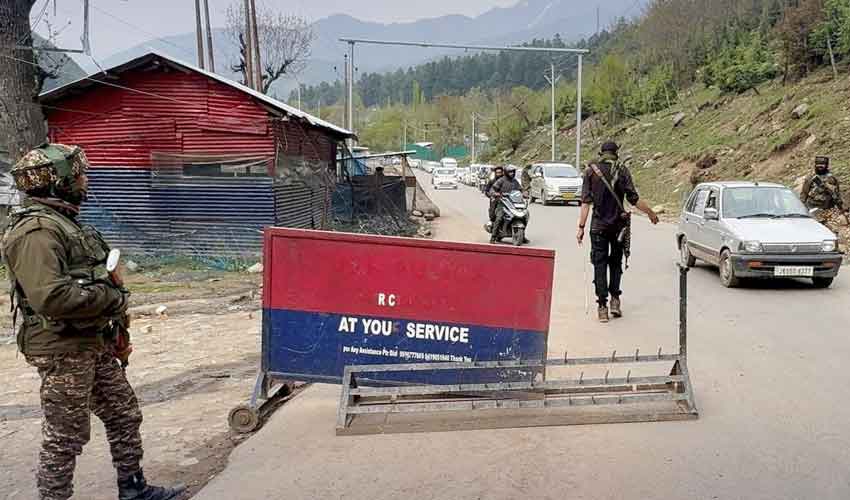The Afghan economy continues to face significant challenges since the Taliban assumed control in 2021. Over half of the population now lives below the poverty line, according to the World Bank.
Inflation soared to a record high of 10.2% in January 2024, exacerbating the financial strain on citizens. The country's exports dropped by $32.9 million between February and March 2024, while imports plummeted by $99.2 million during the same period, as reported by the Taliban National Statistics and Information Authority.
A major blow to Afghanistan's economy stems from the sharp decline in coal exports, forecasted to fall by 87% by 2024, according to the World Bank.
Unemployment has surged to alarming levels, compounding the economic woes outlined by the World Bank. Additionally, Afghanistan faces a staggering $3.5 billion trade deficit, driven by dwindling exports and escalating imports.
Read more: Taliban tightens grip on Afghan press freedom
Economist Azrakhsh Hafizi attributes part of Afghanistan's economic downturn to Pakistan's failure to export coal and show interest in imports from Central Asia via Afghanistan.
The depreciation of the Afghan currency against major currencies further worsens economic instability, with significant decreases recorded against the US dollar, euro, Chinese yuan, Indian rupee, and Pakistani rupee.
The decline in Pakistan's food exports from Afghanistan, as well as the overall drop in exports by 76% in 2023, as reported by the State Bank of Pakistan, further compounds Afghanistan's economic woes.
Moreover, a 50% reduction in electricity imports from Uzbekistan has resulted in electricity shortages in Afghanistan, as reported by Ariana News.
Border disputes have led to a sharp decrease in trade turnover between India and Afghanistan, while strained relations with neighboring countries, including Pakistan, India, Uzbekistan, Iran, Russia, and China, pose significant challenges to the Taliban regime.
Analysts attribute Afghanistan's dire economic situation to the Taliban's support of terrorist organizations, leading to increased terrorism in the region, according to Al Jazeera.
Experts warn that rather than investing in improving the lives of citizens, the Taliban regime is channeling resources to support organizations like ISIS-K and TTP, perpetuating terrorism in the region.
ISIS-K, responsible for a terrorist attack in Moscow, has gained traction in Afghanistan. Experts also highlight concerns that financial aid intended for development is being diverted to fund terrorist activities.



























